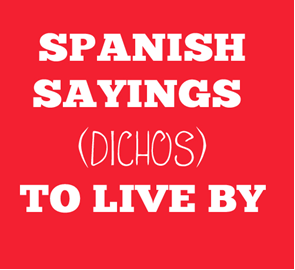“If you have always done it that way, it is probably wrong.”
– Charles Kettering
The possibility of going global with a brand has never been as favorable as it is now. Today, it is easy to establish an international customer base and the who’s who of the corporate world are entering the international market in a hope to expand customer reach and sell their products globally. However, for a business to succeed overseas, it is important to appeal to their international customer base.

(Image Citation: http://www.mixfight.nl/)
If not done properly, marketing techniques can have devastating outcomes. Unfortunately, numerous businesses have learned the hard way that their marketing campaign offended customers instead of charming them. Mentioned below a few crazy marketing translations gone horrible wrong –
KFC
A name that is popular among people of all ages, KFC tried to expand its customer reach to China. When the company opened its outlet in Beijing, the brand translated its popular slogan ‘Finger-lickin’ good,’ which didn’t turn out to be as delightful in Chinese as it sounds in English. The translated words were “Eat your finger off.” No less than a blunder.
HSBC Bank
What do you do when your campaign turns out to be an exact opposite of what you had expected? This is exactly what happened with HSBC Bank and its global private banking campaign. The bank spent millions of dollars to market its “Assume Nothing” campaign but the problem arose when the slogan reached overseas. It was translated as “Do Nothing” in numerous countries.
Coors
Another name in the list is the popular American beer maker Coors. The ever-popular “Turn it Loose” campaign of Coors didn’t turn out as well as planned. The owners figured out that the slang does not always translate well, especially in Spanish. When translated, it was interpreted as “Suffer from diarrhea.” Definitely not a good way to market a soft drink brand.
In Conclusion
Culture affects whatever we do; therefore, it is important to understand the religious practices followed by majority of people, find out if there is any dominant political ideology, or economic ideology before marketing your brand in a particular country. All of these, if left unexamined, may impact a brand launch.
A lot of other popular names also made some embarrassing intercultural mistakes. Read more about it on our post – Intercultural Blunders.
For intercultural translation services, contact us. Any brand name we missed? Let us know your favorites.










